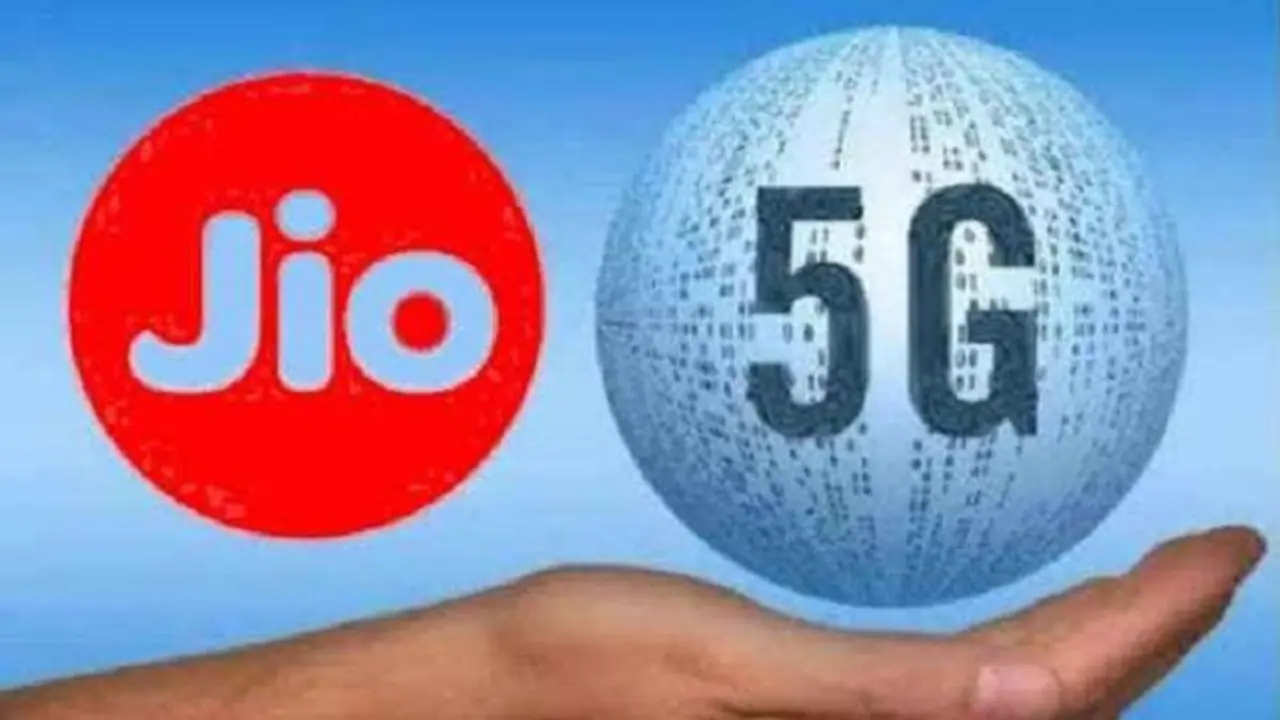The earnest money deposits of all four applications requesting 5G radio waves total Rs 21,800 crore, which is much more than the Rs 13,475 crore put in the 2021 auction when three participants competed.
As the competition for 5G spectrum auctions heats up, billionaire Mukesh Ambani's Reliance Jio has placed a Rs 14,000 crore earnest money deposit, while competitor Adani group has made a small Rs 100 crore deposit. The earnest money deposit reflects the number of airwaves that a corporation can bid for in the auction.

While the earnest money deposit signals that Jio, the country's largest telecom provider by customers, would be bidding strongly in the future auctions, Adani Group may be trying to purchase the bare minimum spectrum required to establish a private network. The earnest money deposits of all four applications requesting 5G radio waves total Rs 21,800 crore, which is much more than the Rs 13,475 crore put in the 2021 auction when three participants competed.
During the auction, which is set to begin on July 26, a total of 72 GHz (gigahertz) of spectrum valued at least Rs 4.3 lakh crore will be put up for sale. According to information issued by the Telecom Department on Monday as part of the list of pre-qualified bidders, Reliance Jio has made the biggest earnest money deposit (EMD) of Rs 14,000 crore among the four companies in the auction for spectrum.
Also Read | Cabinet nod for auction of spectrum for 5G telecom services
Earlier this month, billionaire Gautam Adani's company said it is in the race to purchase spectrum, which it would use to build a private network to assist its enterprises ranging from airports to electricity and data centres.
Adani Group has said unequivocally that it does not want to enter the consumer mobility industry. According to the DoT's website, Sunil Mittal's Bharti Airtel has paid in Rs 5,500 crore as EMD, while Vodafone Idea has put in Rs 2,200 crore. Typically, EMD quantities indicate a player's strategy and goal for acquiring spectrum in an auction. It also establishes the qualifying criteria, which allow telecoms to target specified quantities of spectrum in certain circles.
(With PTI inputs)
